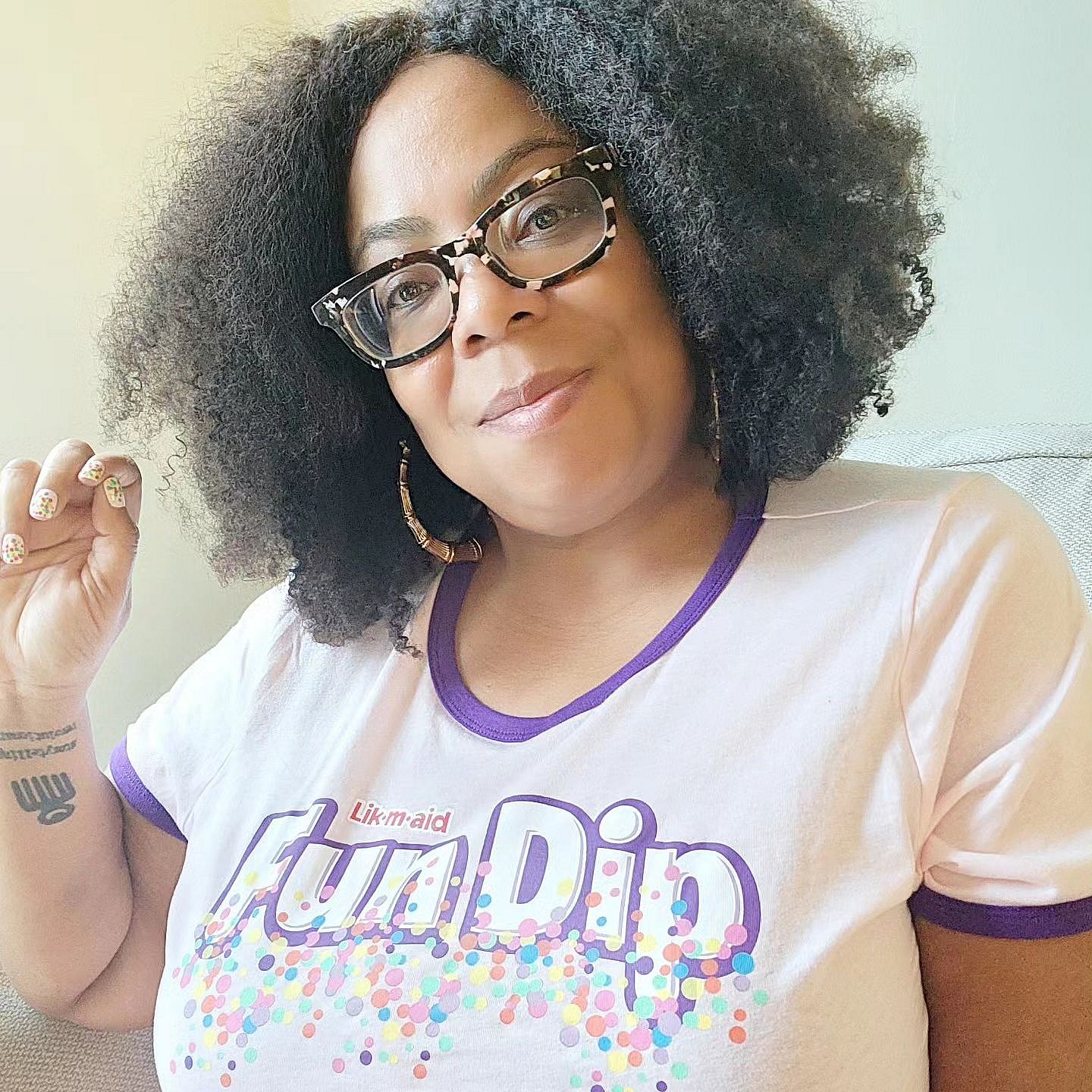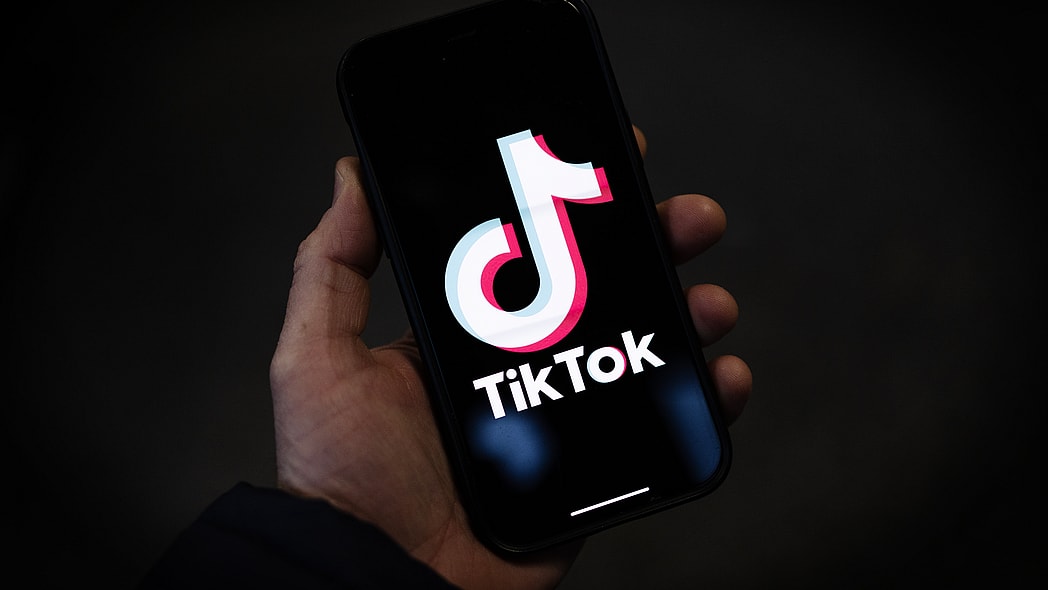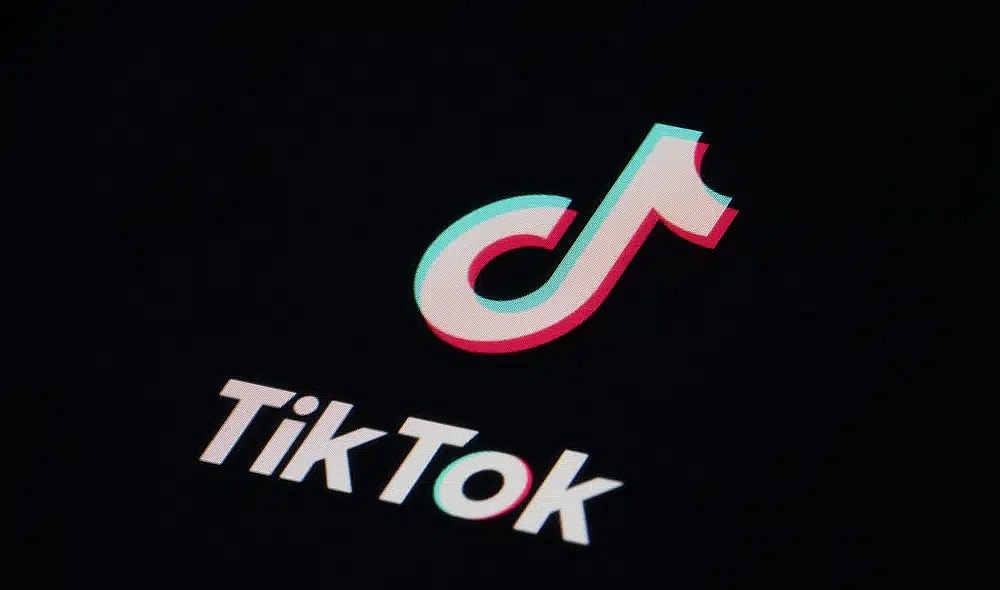Editor’s note: The following article is an op-ed, and the views expressed are the author’s own. Read more opinions on theGrio.
My parents used to think they were slick.
When birthdays and holidays came around, they snuck in a lot of “useful” gifts — necessities like new shoes, clothing, the scientific calculator I needed for my math class, etc. — with all the fun stuff like toys, dolls, etc.
It made the useful necessity look like a gift when it was really them saying, “Here is this thing I want you to use, so I’m going to package it up like a gift and sneak it in alongside all this other cool stuff you actually asked for.”
It was like, “Ooh, cool, Western Barbie!” and then, “Oh, great. Knee socks.”
This is essentially what the U.S. House of Representatives did with the bill that could potentially cause the TikTok app to be banned in the United States.
On Saturday, the House passed a legislation package that includes $95 billion in funding — $60.8 billion in aid for Ukraine and $26 billion in aid for Israel and relief for Gaza.
That same legislation package includes the bill that would give ByteDance, the Chinese parent company of TikTok, nine months to sell the popular app to an American company or face being banned in this country.
The Senate will either vote on the bill late Tuesday or early Wednesday, and that would send it to Biden’s desk for signature, and make no mistake, he’s going to sign it into law.
Once that happens, the clock will start ticking, and our beloved TikTok will have to figure out what it’s going to do next if it wants to remain operative as-is in the U.S.
Congress is using the idea that the Chinese government may have access to TikTok user data, and because China is the bogeyman in the eyes of the U.S. government, they must! do! everything! possible! to prevent China from doing things like interfering in U.S. elections, using social media platforms to spread propaganda and things of that nature.
But wait. Didn’t election interference already happen here with an American-owned social media platform? Isn’t there another American-owned social media platform that is a den of misinformation and propaganda sharing?
In my opinion, this is all by design.
Don’t get me wrong; being concerned about the Chinese government having access to the private data of U.S. citizens is a real thing, and I am not trying to downplay it at all, but we cannot overlook the fact that the very thing the U.S. government is decrying has happened and is actively happening in the country now, and Congress doesn’t seem to be in any kind of hurry to fix it.
It’s giving “American billionaires selling our data is cool, but them other people doing it is not.”
There’s another part of me that feels like this has a lot to do with the way TikTok is eating up all the social media sites in the algorithm department.
My TikTok algorithm is so good that I never ever click the “following” tab because I know I’m going to see everything in that “For You” tab. The For You Page is always current, up-to-date, and serving things up in real time – almost as it’s happening.
Recommended Stories
TikTok has become a major information and news source for a lot of people. It excels at something that started at Twitter – in-the-moment conversations. TikTok makes it better because the videos get served up to you based on what you are already watching and engaging with. It knows what you want, and it gives it to you. But users also need to know how to separate factual information from misinformation.
Neither Mark Zuckerberg nor Elon Musk have managed to capture that lightning in a bottle, and it almost feels like they don’t want to.
Is there an active effort on the other sites to squelch the sharing of information?
Think about everyone you know who has had either their Facebook or their Instagram account flagged for talking about the genocide in Gaza.
Think about the way Black people on Twitter get penalized for fighting back against racists while the racists run rampant and unchecked all across the app.
If an American company were to buy TikTok, which American company would it be?
Would Elon Musk try to buy it? Mark Zuckerberg? Would they even be able to? TikTok is valued at approximately $150 billion, according to the Washington Post, and there are not many people who have that type of money lying around to spend on this kind of venture.
As the Post notes, there would also be many legal challenges to the sale, and neither China nor ByteDance will allow the TikTok algorithm to be sold, and if you ask me, the algorithm is what this is all about.
As I stated earlier, neither Zuck nor Musk have been able to make their algorithms do what TikTok does, and maybe that’s by design or maybe it’s just their inability to figure it out. Either way, having that algorithm sold to a U.S. company would definitely benefit anyone who wants to use it for their own purposes — or squash it altogether.
China has a say in this though, considering in 2020 it added “recommendation algorithms” to its export-control list, which means any sale of a product of that type requires approval from the Chinese government, and something tells me China ain’t going out like that.
In any case, now we wait for the inevitable, and we should be keeping our eyes on it as it happens because whatever happens with TikTok is going to be the harbinger for what happens to information sharing and the marketplace of ideas as a whole.
Don’t say I didn’t warn y’all.

Monique Judge is a storyteller, content creator and writer living in Los Angeles. She is a word nerd who is a fan of the Oxford comma, spends way too much time on Twitter, and has more graphic t-shirts than you. Follow her on Twitter @thejournalista or check her out at moniquejudge.com.









